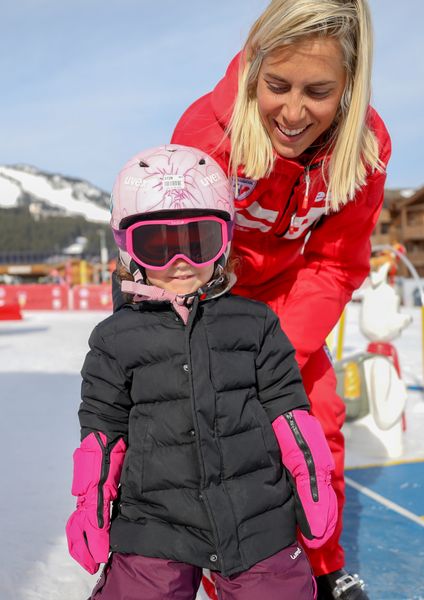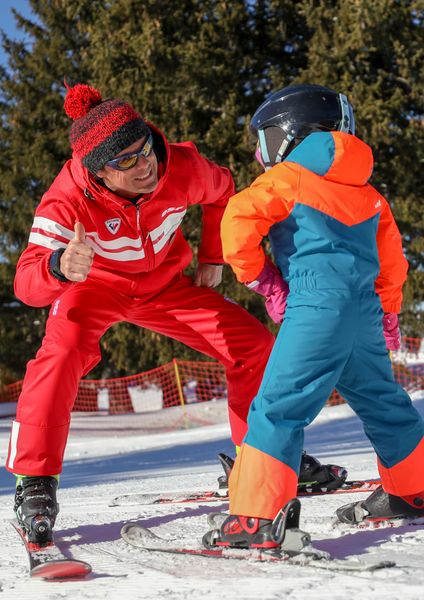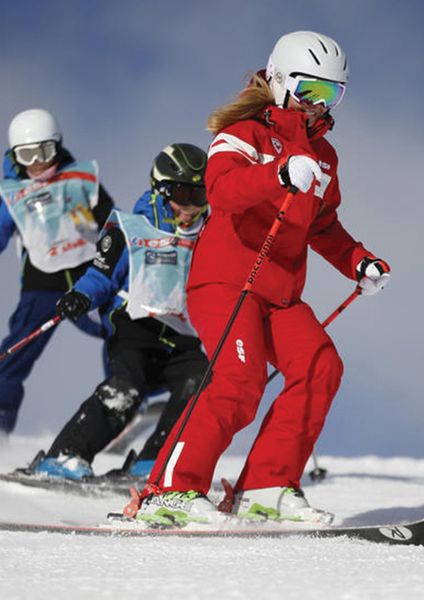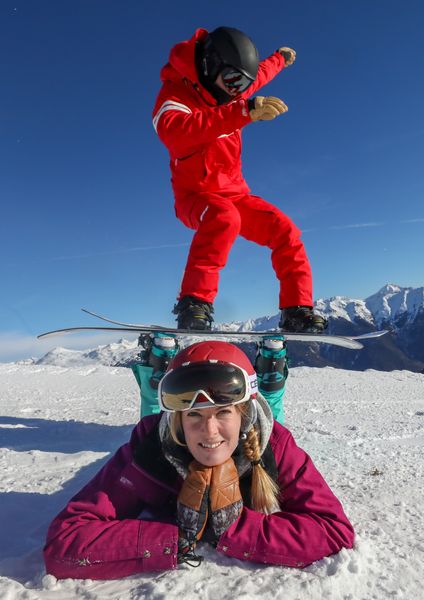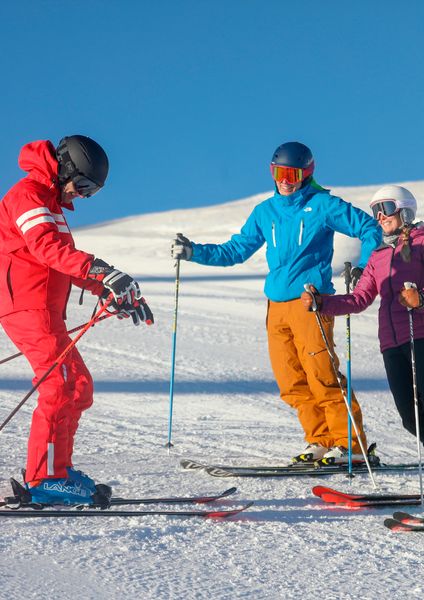OUR DISCIPLINES
Freestyle
Take skiing to the next level and learn how to jump, turn and twist on your skis.
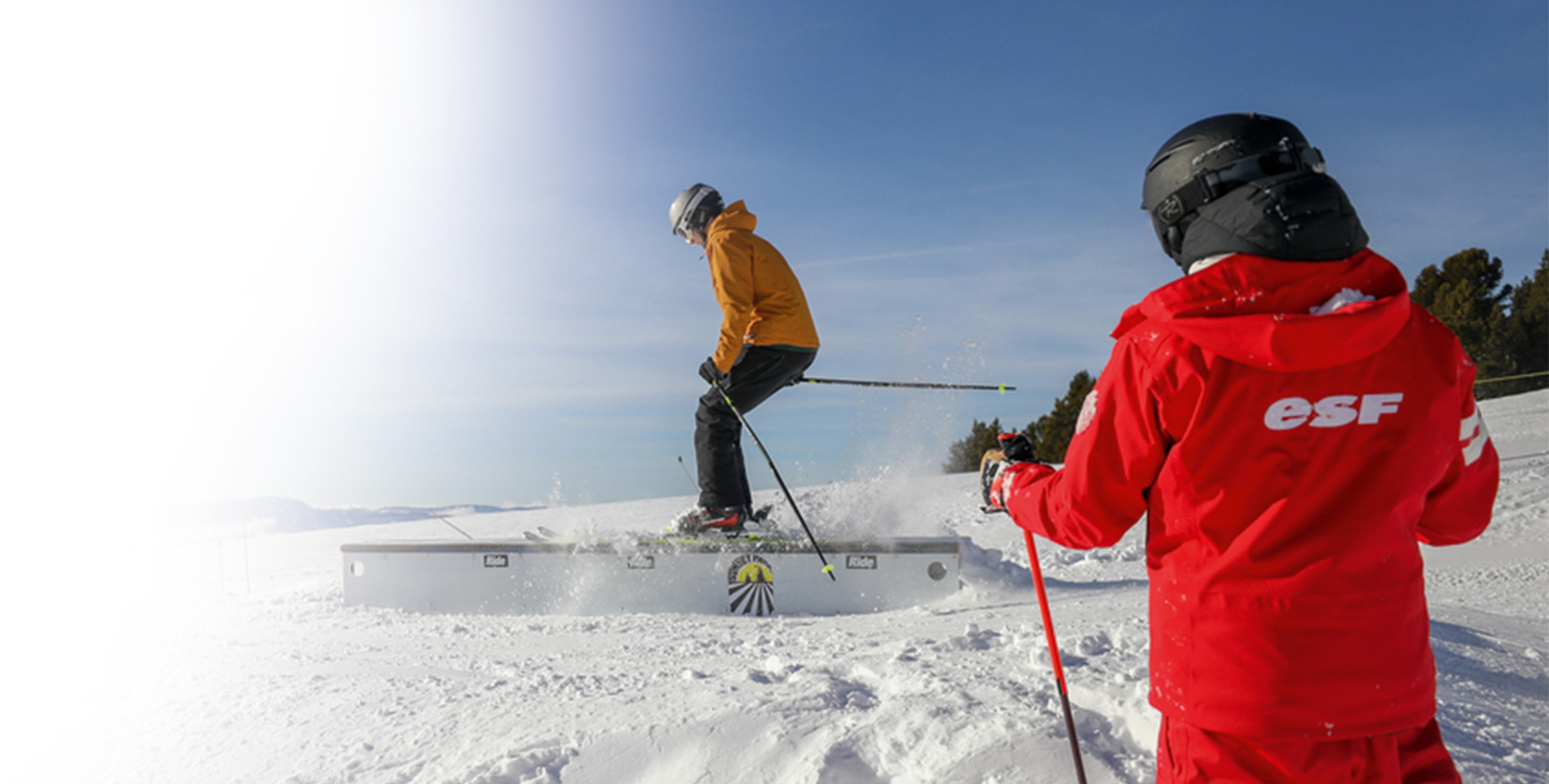
Quick Booking
Your lessons or complete stay in the mountains
Share
Freestyle as a discipline
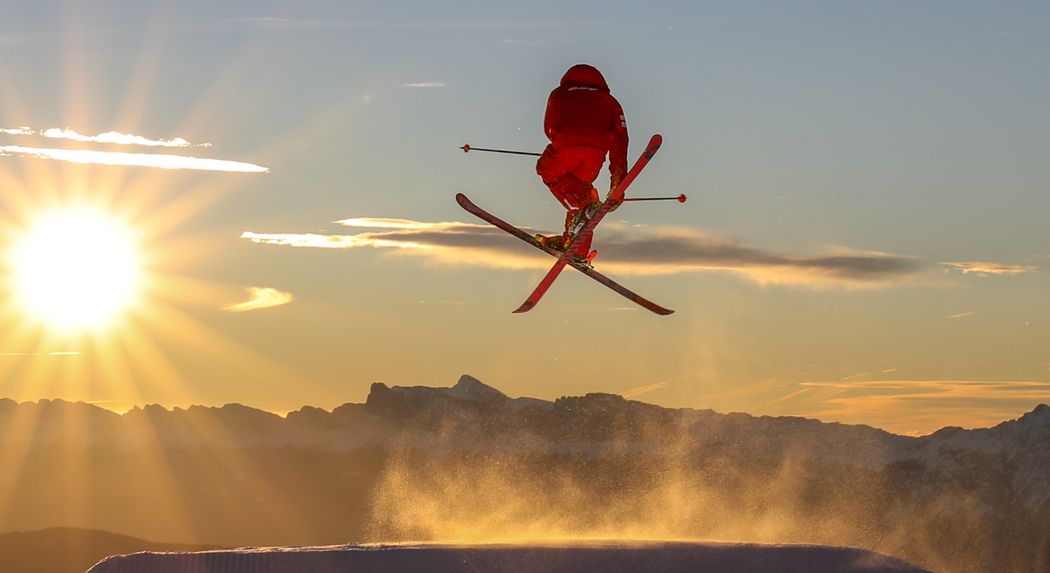
What is Freestyle Skiing?
Freestyle is suitable for all all ages and all levels. In Freestyle, we push the thrill and excitement of skiing to the maximum.
Whether on skis or on a board, the thrills of freestyle allows you to get to the heart of your passion and experience the best this discipline offers. With the esf teams in resort, you can play, learn and improve in style!
Everything you need to know about Freestyle
The main grabs in skiing

The main grabs in snowboarding

The different modules and patterns
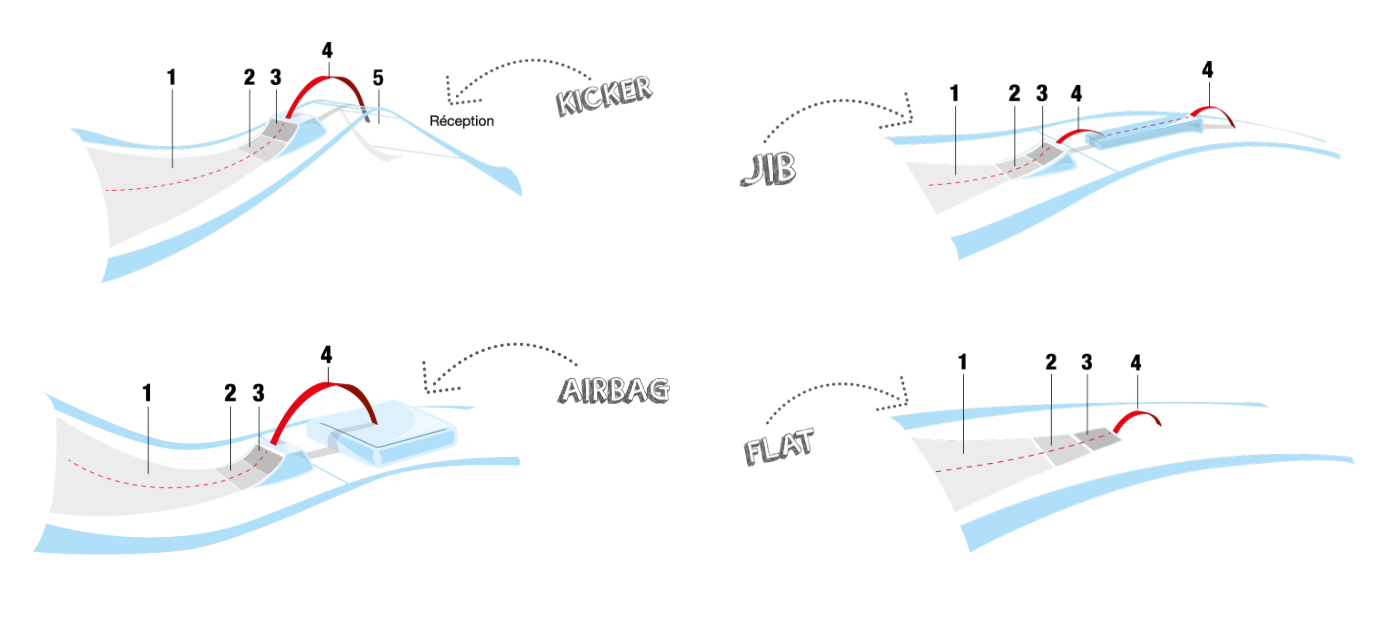
1. Momentum zone
2. Transition zone
3. Kicker impulse zone
4. Parable of flight
5. Knoll
The Ground Rules
A few rules before you get started!
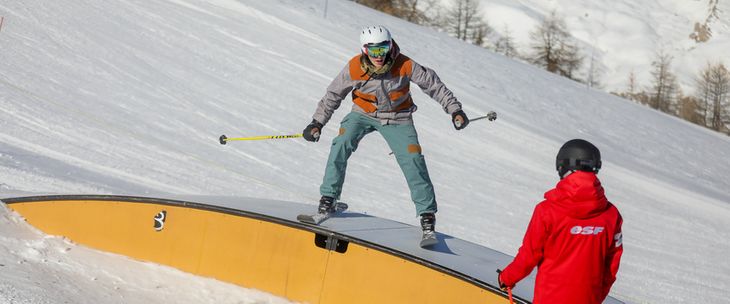
1. Spot
Choose the size and shape of the modules according to your goals.
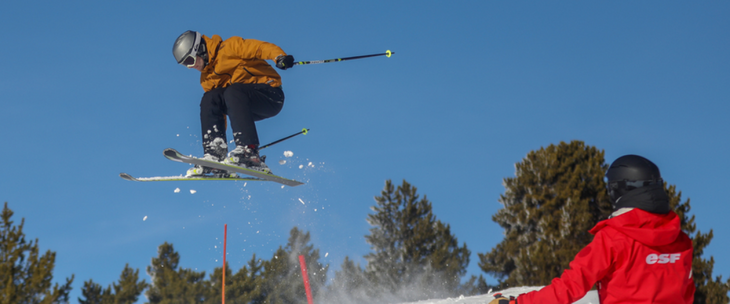
2. Observer
Observe the qualities and condition of the snow.
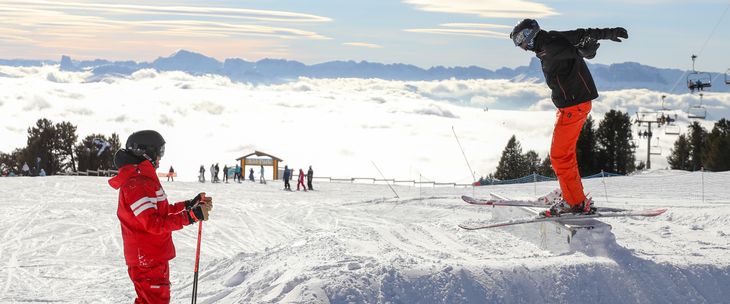
3. Adapter
Adapt your speed for each module and each trick.
Rules of Conduct
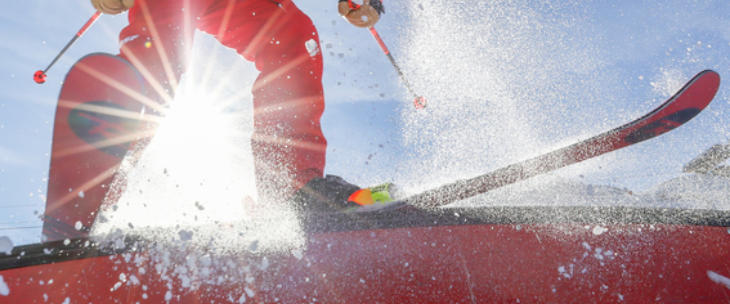
In the Snow Park
1. Before jumping, don't forget to do a specific warm-up.
2. Put on a helmet and back protection.
3. Recognise each module and / or path before use..
4. Use the modules and / or course according to your technical level and the difficulty of the module (indicated by the colour code).
5. Before committing, check that the reception area is free..
6. Respect the starting order..
7. Adapt your speed to each module and / or course and do not attempt reckless tricks.
8. Do not park in the landing area or along the course. Never go up a slope for whatever reason (loss of material or other).
9. Be vigilant in your movements, do not cross the courses and the modules.
10. In the event of an accident, bar the route or the module and call the emergency service.
11. To take pictures, stay back.
2. Put on a helmet and back protection.
3. Recognise each module and / or path before use..
4. Use the modules and / or course according to your technical level and the difficulty of the module (indicated by the colour code).
5. Before committing, check that the reception area is free..
6. Respect the starting order..
7. Adapt your speed to each module and / or course and do not attempt reckless tricks.
8. Do not park in the landing area or along the course. Never go up a slope for whatever reason (loss of material or other).
9. Be vigilant in your movements, do not cross the courses and the modules.
10. In the event of an accident, bar the route or the module and call the emergency service.
11. To take pictures, stay back.
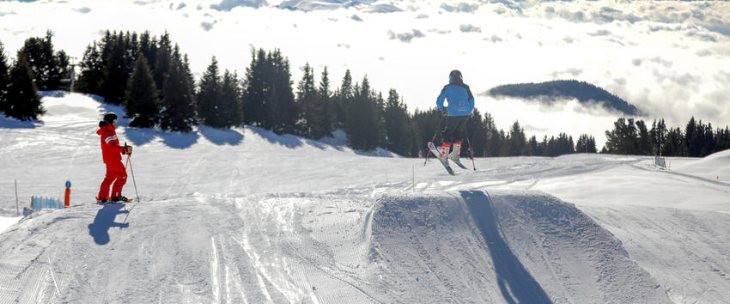
On the Airbag
1. Put on a helmet and back protection.
2. Warm up before you jump.
3. Recognise the kicker's backswing and shape.
4. Respect the momentum indicated by the manager or your instructor.
5. Make sure the airbag is available before jumping.
6. Once in your backswing, don't try to stop.
7. Give an impulse at the end of the kicker.
8. Do not attempt reckless manoeuvres.
9. Quickly exit the canvas after landing in the airbag.
10. Observe all signage.
11. In the event of an accident, bar the kicker and warn the manager or instructor.
Different termonology
- AIRBAG: Inflatable mattress filled with air, used for secure receptions.
- BACKCOUNTRY: Practice of freestyle off-piste (preferably in powder conditions).
- BIO: Forward offset rotation.
- COUNTER ROTATION: The upper and lower body rotations are opposed (twist, shiffty, late, ...).
- CORK: Backward offset rotation.
- STREET ENTRY: The rider enters on a box or a rail on the sides.
- FLAT: Set of figures achievable on the ground without module.
- GRAB: Catch your ski with your hand.
- HAND DRAG: Figure with the hand resting on the snow.
- JIB: Set of artificial snow park modules.
- KICKER: Springboard.
- KINK: Rail or box with several alternating flat segments, descents or ascents.
- KNOLL: Rounding formed between the dish and the reception of a table.
- NOLLIE: Jump performed without a springboard using the pop of the skis (support on the front).
- OLLIE: Jump performed without a springboard using the pop of the skis (support on the back).
- FLIGHT PARABLE: Air path of the rider from the moment he leaves the ground until landing.
- SKI POP: Energy returned by the ski due to its deformation.
- SHUFFLE: Succession of pivoting skis on a box.
- SLIDE: Perpendicular position of the skis in relation to the axis of a box or a rail.
- SWITCH: Slide in reverse.
- TRICK: Acrobatic figure.
- UNNATURAL: Direction of rotation that the rider likes the least.
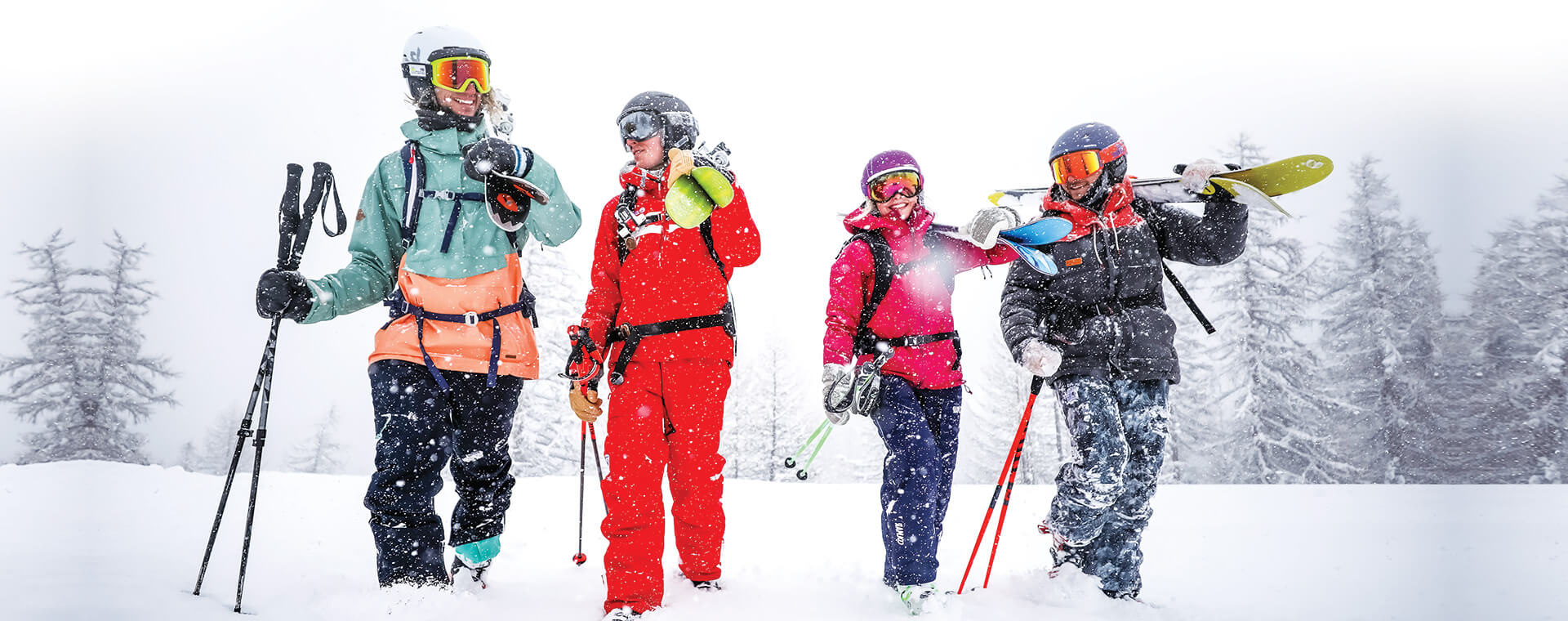
Find your esf ski school
Our 220 plus ski schools are located all over the French mountains and massifs. Discover all you need to know on each school in one click.

DISCOVER A NEW EXPERIENCE
esf freestyle
Experiences and Courses
Experiences and Courses
Forget the regular slopes and skiing in quiet mode, Team Rider takes you on a new adventure with the expertise of our esf instructors.
Understand the esf levels and tests in video format
Descriptions and videos will help you choose the right level.







